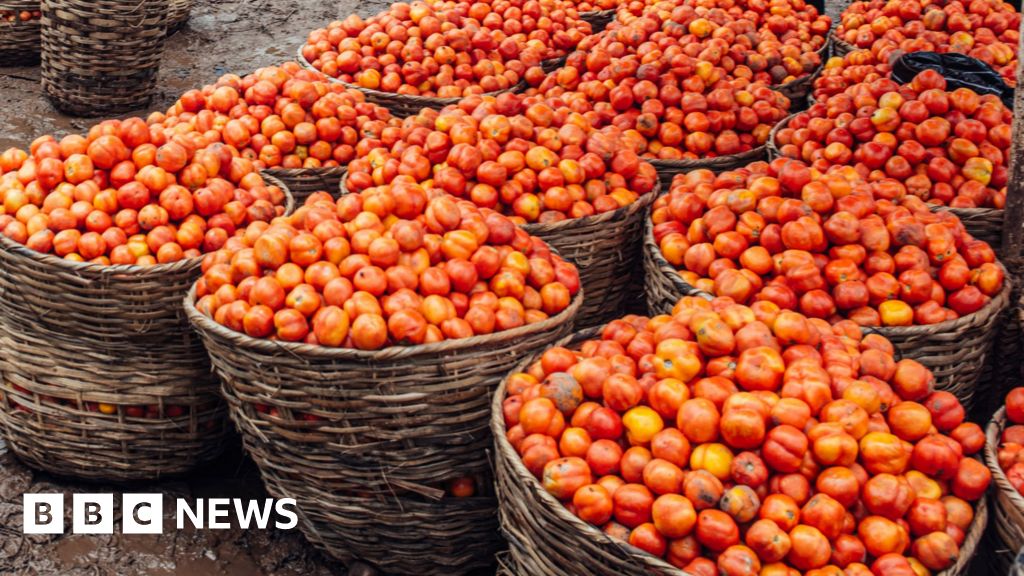NEW DELHI: Hospitals across Pakistan treated hundreds of heatstroke victims as an
intense heatwave
pushed temperatures above normal levels. Officials attribute the rising temperatures to climate change.
Temperatures reached up to 49 degrees Celsius (120 degrees Fahrenheit) in Mohenjo Daro on Wednesday. The city, located in southern Sindh province, was severely impacted by climate-induced monsoon rains and floods in 2022.
The heatwave is expected to persist for at least a week.
Authorities have advised people to stay indoors, stay hydrated, and avoid
unnecessary travel.
However, many laborers say they must continue working to support their families.
"Pakistan is the fifth most
vulnerable country
to the impact of climate change. We have witnessed above normal rains, floods," said Rubina Khursheed Alam, the prime minister’s coordinator on climate, during a news conference in Islamabad.
Barakullah Khan, a civil defense official, advised people not to leave cooking gas cylinders in open areas and warned those living near fields about the risk of snakes and scorpions entering homes and storage spaces in search of cooler areas.
Weather forecasters predicted that temperatures may rise to 55 degrees Celsius (131 degrees Fahrenheit) this month.
Hospitals in the eastern city of Lahore and in the districts of Hyderabad, Larkana, and Jacobabad in Sindh province have reported treating scores of heatstroke patients.
"The situation has been getting worse since yesterday, when people affected by heat started coming to hospitals in the Punjab province," said Ghulam Farid, a senior health official. Emergency response centers have been established at hospitals to treat heat-affected patients.
The state-run ambulance service is now equipped with bottled water and ice to provide emergency treatment to heat victims.
The United Nations children’s agency has called for measures to protect children from the heat. Sanjay Wijesekera, Unicef regional director for South Asia, warned that rising temperatures could put millions of children’s health at risk if they are not protected and hydrated.
Heatstroke is a serious illness that occurs when body temperature rises too quickly, potentially causing unconsciousness, disability, or death.
Pakistan recorded its wettest April since 1961, with more than double the usual monthly rainfall. Last month’s heavy rains caused fatalities and extensive damage to property and farmland.
Daytime temperatures have soared as much as 8 degrees Celsius (46 degrees Fahrenheit) above the average May temperatures over the past 20 years, raising concerns about flooding in the northwest due to glacial melting.
The 2022 floods caused significant damage in Sindh and Baluchistan provinces, resulting in 1,739 deaths nationwide.
The heatwave is also affecting Pakistan's southwest and northwest regions. Schools in Punjab have been closed for a week.
On Thursday, Save the Children announced that more than half of Pakistan’s school-age children, approximately 26 million, will miss a week of school due to the heatwave. The closure of schools in Punjab means 52% of the country’s students will be out of school.
In Lahore, residents have been seen swimming in roadside canals to cool off. Despite contributing less than 1% to global carbon emissions, Pakistan is experiencing severe impacts of climate change.
(With agency inputs)

 6 months ago
31
6 months ago
31









